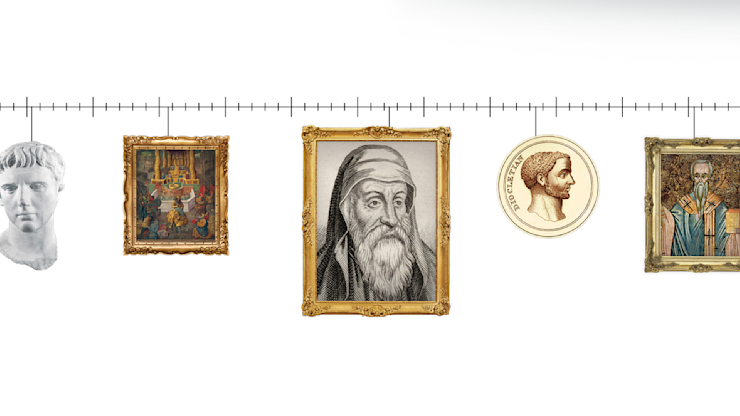The Three Waves of Pentecostalism

2 Min Read
Despite its humble beginnings, the Pentecostal movement has gained a significant influence in the world. From his teaching series A Survey of Church History, W. Robert Godfrey describes three waves of Pentecostalism in the United States.
Transcript:
Pentecostalism, as we look at it historically, we can say has passed probably through at least three stages or has seen three waves. Original Pentecostalism, as we talked about it in the last lecture, was a movement very much oriented to the idea that they wanted to recapture what the early church had had in terms of the presence of the miraculous work of the Holy Spirit, particularly in healings and in speaking in tongues. That led to the creation of a number of Pentecostal denominations, because their new insights were not welcomed into most of the rest of Protestantism. Early in the formation of those new denominations, they began to face a very serious problem internally, that some of the early Pentecostals began to reject the doctrine of the Trinity in the name of what came to be known as the "Oneness doctrine," a form of modalism that says there is no real distinction of persons in the Godhead. Father, Son and Holy Spirit are just different names for the one God, and Jesus is the one God come in the flesh. This was very traumatic for the early Pentecostals, because they had most of the Trinitarian Pentecostals labeling these modalists as heretics, but these heretics were all speaking in tongues and performing miracles. And so, how was it possible that the Holy Spirit could be present with the heretics? How could the very signs that they claimed marked them as children of God be present in heretics? The answer to that was that these were demonic counterfeits. So, nonetheless, it kind of blurred the witness a little bit as to the clarity of what was going on. So that's the first wave, the original impulse oftentimes tied to end-times speculation. The second wave arising mainly in the '60s is often labelled as the "charismatic wave." These were kinder, gentler Pentecostals. These were Pentecostals who said, "The baptism in the Holy Ghost is available to everybody, but maybe it's not actually for everybody. Certainly, we don't want to pressure anybody into this. We find it personally very helpful, but you may not, and that’s fine." These folks, many of them, operated within established denominations and were not necessarily driven out. Even within the Roman Catholic Church, there arose charismatic Roman Catholics who claimed to have had these experiences and came to be tolerated within the mainline movements. The old Pentecostals were rather suspicious of these charismatics. They thought they were rather accommodating and rather compromising, but nonetheless there was a profound impact in the '60s and beyond by these charismatics. Then, maybe about the '80s or so, there came a third wave of a renewed kind of more old line Pentecostal, but focusing on different gifts. In this new movement was particularly an emphasis on wealth. Not only health but also wealth was promised by the Holy Spirit. The prosperity gospel begins to attract more attention. Word of knowledge, word of prophecy becomes more significant in some of these movements. So, the basic theology remains the same of the presence of the Holy Spirit, but now there’s now more talk about the restoration of the office of the prophet and even in some groups the restoration of the office of the Apostle. So, it becomes somewhat more radical even and I think certainly more worldly.